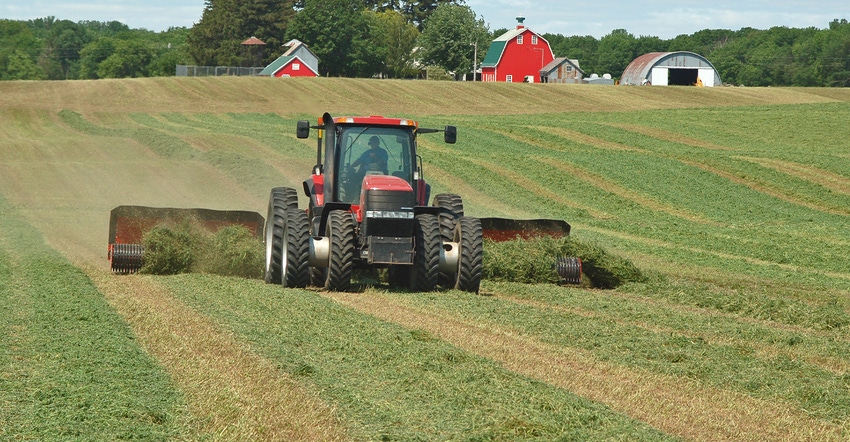February 26, 2020

How to transfer the farm equipment is a huge question in a farm succession plan.
Options include outright sale, installment sale, gradual sale, lease agreement with a purchase option and gifting.
Factors to consider when choosing the best option are whether the transfer will occur while the farmer is living or after his or her death; the tax basis of the equipment; the amount of recognized recaptured income and capital gain; the income needs of the farmer; the debt against the equipment; and the ability of the incoming farmer to finance the transfer.
Whether the transfer occurs while the farmer is living or after his or her death has a big impact on the plan. Outright sales or installment sales may be the better options when planning for transfers after the farmer’s death. A lease agreement with a purchase option might be best if transferring while the farmer is still living.
The outright sale or installment sale is less attractive while the farmer is living because the equipment has likely been fully depreciated and has a zero tax basis. This means the farmer will recognize all sale proceeds as recaptured income and capital gain at the time of the sale. This is true even if the farmer is going to receive payments from the buyer over a period of time in an installment sale.
This situation changes if the outright sale or installment sale occurs after the farmer is deceased. The reason for this change is the farm equipment will receive step up in basis upon the death of the farmer. This means the tax basis will equal the market value of the equipment on the farmer’s date of death. When the sale occurs, so long as the sale proceeds are not greater than the stepped-up tax basis, the seller will not recognize recaptured income or capital gain.
While the farmer is living, a better option may be a lease agreement with a purchase option. During the term of the lease, the lease payments are considered income. At the end of the lease, if the sale option is exercised, the farmer will recognize these proceeds as recaptured income and capital gain.
Generally, the farmer will have a lower overall tax obligation because the payments were received over a period of years. For this type of lease to be valid, the purchase must be optional, and the purchase price must be close to the fair market value at the time of the sale. Plus, the lease amount must be reasonable.
Balzarini is an attorney at law with Miller Legal Strategic Planning Centers, P.A. Contact him at [email protected].
About the Author(s)
You May Also Like






